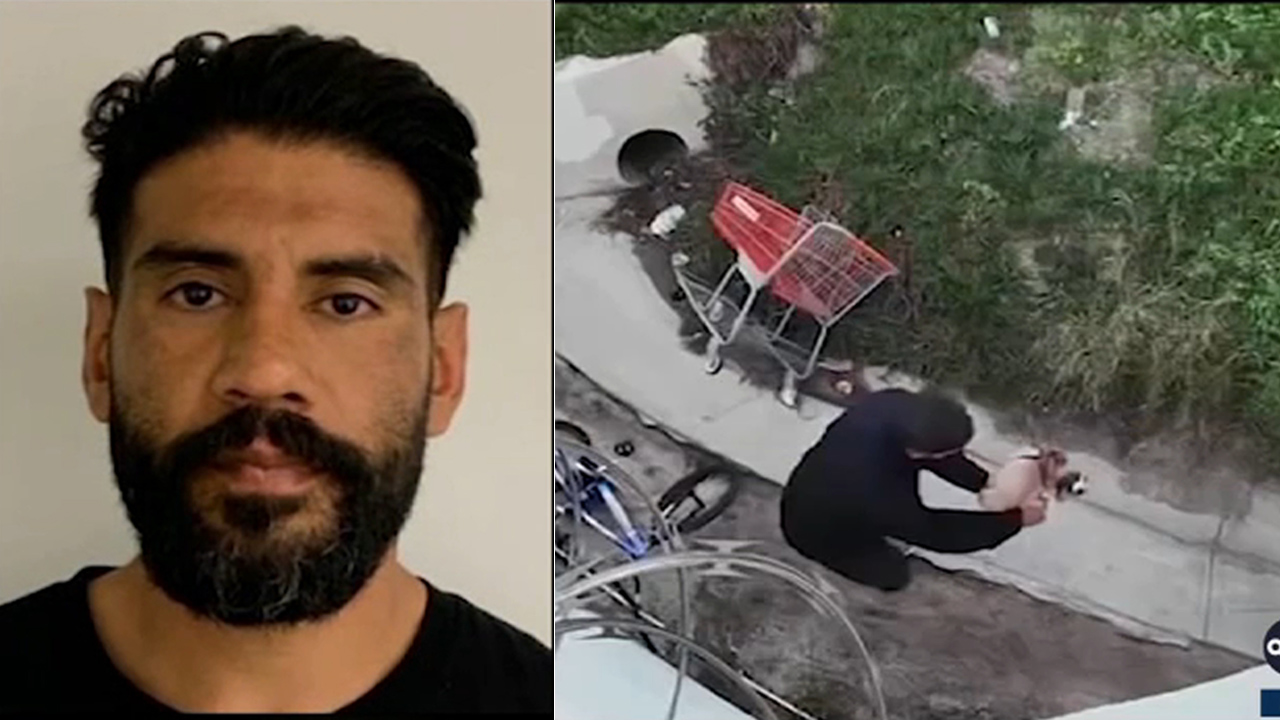MRI may catch prostate cancer missed by blood test

TARZANA, LOS ANGELES (KABC) -- A Long Beach man says a noninvasive prostate screening caught cancer and saved his life after a blood screening did not detect the disease.
A noninvasive MRI revealed a 5-millimeter cancerous lesion on 55-year-old Paul Colacchio's prostate. Without this test, Paul says he would not have known.
"I had a PSA test and it didn't show cancer," Colacchio said.
Paul noticed he was going to the bathroom much more frequently, so doctors encouraged him to get an MRI screening.
"So the only way mine was visible was through MRI. So MRI actually saved my life," Colacchio said.
The American Cancer Society estimates that more than 29,000 men will die from metastatic prostate cancer in the U.S. this year.
"The challenge with PSA screening is that there are false negatives and false positives. A lot of men with an elevated PSA don't get cancer, and some men with a low PSA do," explained Dr. Robert Princenthal, the director of prostate imaging at Radnet. "So now with prostate imaging, we can evaluate the gland prior to a biopsy and reduce the number of men being biopsied by eliminating the false negatives."
If PSA screenings aren't so reliable, should men still get them? Princenthal believes these blood tests are an important of men's health.
"We feel that every man from 50 on should get a baseline PSA," Princenthal said.
Back in 2008 when a government panel recommended men stop doing annual PSA screenings, Princenthal says one third less biopsies were performed. The result of that -- more men were presenting with late stage disease.
"Men need to have the shared decision conversation with their doctors about PSA screening," Princenthal said.
Princenthal believes patients like Colacchio who have symptoms and a family history should get prostate MRI imaging.
"An analogy is a woman would not get a biopsy of herb breast before a mammogram and men should ask for the same," Princenthal said.
A genetic test also confirmed Colacchio also had a predisposition to prostate cancer, so now three weeks after choosing surgical removal, he has peace of mind.
"So important to just know your body and understand that if something doesn't feel right to act on it," Colacchio said.








